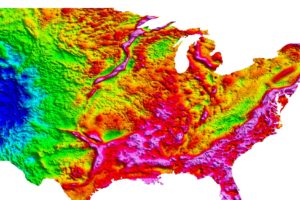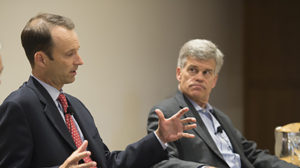In 1630, John Winthrop, governor of the Massachusetts Bay Colony, proclaimed to fellow Puritan settlers that “we shall be as a city upon a hill.” In this video, Abram Van Engen examines the surprising history of Winthrop’s striking image and its subsequent adoption by presidents John F. Kennedy, Ronald Reagan and Barack Obama.










